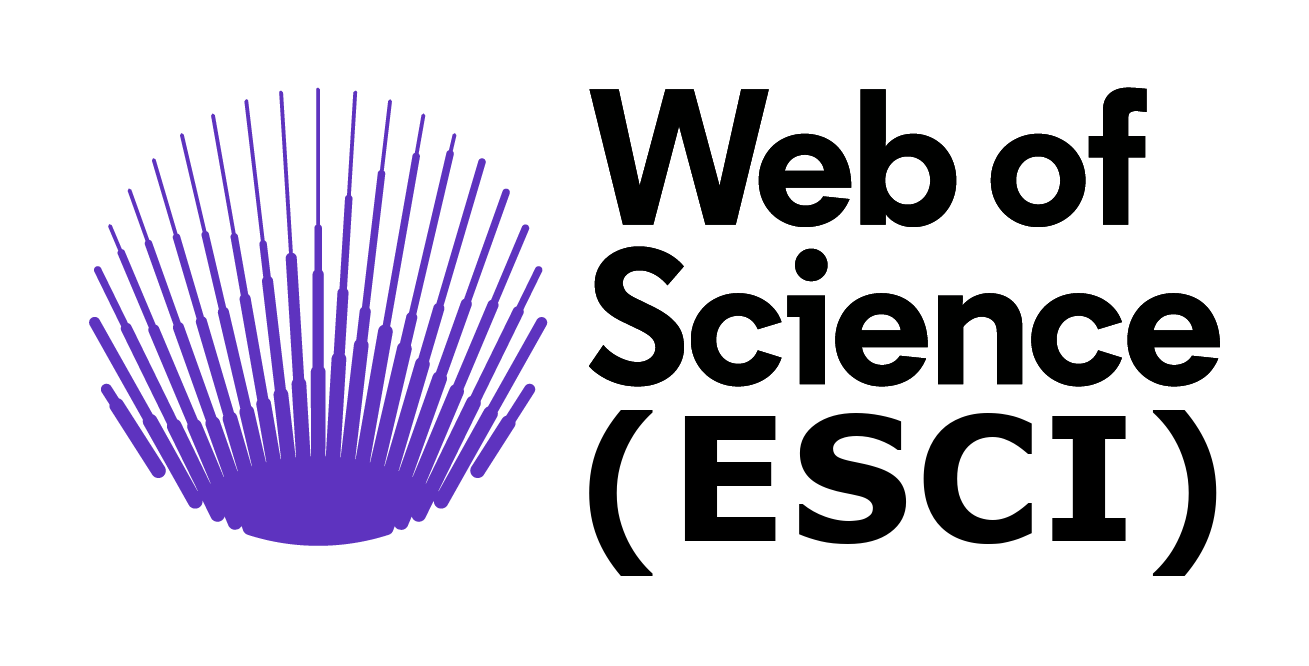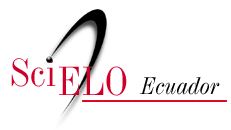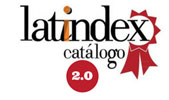Development of green tea scented with organic roses "Vitality" from Nevado Ecuador
DOI:
https://doi.org/10.29019/enfoqueute.v5n4.47Keywords:
dehydration, food processing, food technologyAbstract
(Received: 2014/11/03 - Accepted: 2014/12/15)
The aim of this study was to obtain a flavored green tea with organic rose petals "Vitality" from Nevado Ecuador. Green tea, purchased from a private company, it was subjected to analysis to verify compliance with the requirements of standard INEN 2381: 2005. The Characterization of fresh rose petals was to made and for the dehydration was used two temperatures and two geometries. Analysis of total polyphenol content (Folin-Ciocalteu) and antioxidant capacity (TEACmethod) were performed. The dried petals, with a higher content of polyphenols and antioxidant capacity, were used in the preparation to flavored tea. Three formulations with different amounts of dried rose petals (10, 17.5 and 25%) were tested sensorially by 100 judges to determine the aroma rose in the tea. The final product was analyzed to determine compliance of the requirements of the standard INEN of the tea. Finally acceptability and purchase intention of the product is evaluated. The values of content total polyphenol in the extracts of rose petals were superior to fruits such as blackberries, and strawberries.
Downloads
Published
How to Cite
Issue
Section
License
The articles and research published by the UTE University are carried out under the Open Access regime in electronic format. This means that all content is freely available without charge to the user or his/her institution. Users are allowed to read, download, copy, distribute, print, search, or link to the full texts of the articles, or use them for any other lawful purpose, without asking prior permission from the publisher or the author. This is in accordance with the BOAI definition of open access. By submitting an article to any of the scientific journals of the UTE University, the author or authors accept these conditions.
The UTE applies the Creative Commons Attribution (CC-BY) license to articles in its scientific journals. Under this open access license, as an author you agree that anyone may reuse your article in whole or in part for any purpose, free of charge, including commercial purposes. Anyone can copy, distribute or reuse the content as long as the author and original source are correctly cited. This facilitates freedom of reuse and also ensures that content can be extracted without barriers for research needs.
This work is licensed under a Creative Commons Attribution 3.0 International (CC BY 3.0).
The Enfoque UTE journal guarantees and declares that authors always retain all copyrights and full publishing rights without restrictions [© The Author(s)]. Acknowledgment (BY): Any exploitation of the work is allowed, including a commercial purpose, as well as the creation of derivative works, the distribution of which is also allowed without any restriction.























 Enfoque UTE - Facultad de Ciencias de la Ingeniería e Industrias - Universidad UTE
Enfoque UTE - Facultad de Ciencias de la Ingeniería e Industrias - Universidad UTE